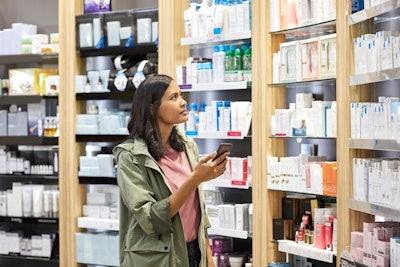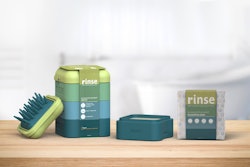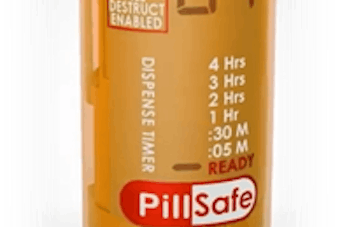A recent study found that nearly 61% of Hispanic patients 50 years of age and older, and 59% of African Americans in the same age bracket see pharmacists as supportive partners compared to doctors, particularly due to the pharmacists’ guidance when it comes to health and wellness.
After a year of mining over one million online public domain conversations via a tech-enabled platform, CulturIntelTM published its How to Leverage Doctors and Pharmacists in Marketing Plans to Yield Better Health Outcomes Study. Conversations were mined between April 2021 and April 2022, and included
- 1.6 million public domain digital conversations about doctors
- 84,000 public domain digital conversations about pharmacists
[Editor’s Note: We are using the cultural terms provided by the CulturIntel Study.]
Trust is a key facet of patient adherence and positive health outcomes, so it’s important to understand what drives patient opinions and makes them feel supported. The study reports that 67% of African American and Hispanic patients 50 years of age and older “collectively have a more positive sentiment toward pharmacists than doctors. The sentiment for both pharmacists and doctors are driven by a combination of soft skills like friendliness and support, as well as hard skills like effectiveness and expertise.”
Bias in healthcare is a systemic issue that—among many factors—contributes to disparities in health and health care. Encountering bias among healthcare professionals can lead to negative ratings of clinical interactions, according to the New England Journal of Medicine. “Interestingly enough, among Hispanic and Black people, pharmacists do not seem to suffer from the perception that they are being ‘biased,’ or that as pharmacists they are showing an unfair prejudice towards diverse communities,” said Caroline Brethanoux, chief strategy officer, CIEN+ and CulturIntel. “On the other hand, doctors are deemed biased in their interactions with diverse patients due to their personal experiences and historical injustice in the healthcare system. Within these communities, pharmacists could potentially become a gateway to foster more trust towards the healthcare system and drive better health outcomes as a result.”
The study found that across all segments, 37% of the conversations in which patients are discussing doctors online are mostly driven by negativity compared to 22% of negative discussions about pharmacists. "People are concerned about doctors being rude and disrespectful, but also incompetent and ineffective, suggesting a lack of trust in their abilities and their knowledge. Additionally, there are complaints about doctors’ biased behavior, especially among African Americans and Hispanic conversations which are not discussed for pharmacists," CulturIntel noted.
For more: How to Leverage Doctors and Pharmacists in Marketing Plans to Yield Better Health Outcomes Study























